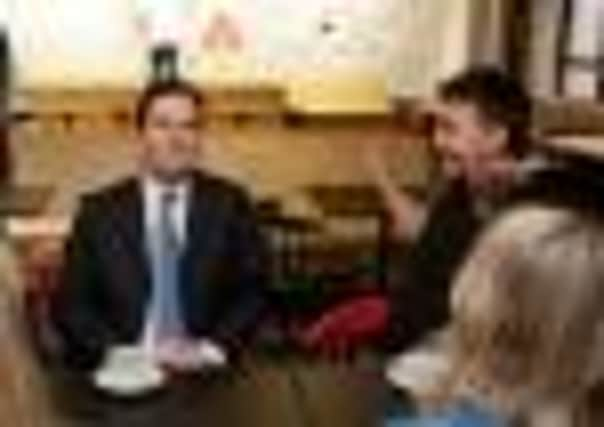Analysis: It’s a rocky road ahead but there are positive signs


Yes, it is forecasting annualised negative growth of -0.4 per cent in the first three months of this year, or quarter-on-quarter growth of -0.1 per cent. And that implies a technical recession of two quarters of negative growth when taken with the fall in GDP of -0.3 per cent in the final three months of last year. But the predicted recession is minimal and not forecast to continue. Positive growth of 0.5 per cent, in annualised terms, is forecast for the second quarter of this year, which is growth of just above 0.1 per cent on a quarterly basis.
The OECD forecast appears to conflict with the view of the Office of Budget Responsibility (OBR), which is predicting positive growth of 0.3 per cent in the first quarter, or just less than 1.3 per cent on an annualised basis. Then zero growth in the second quarter.
Advertisement
Hide AdAdvertisement
Hide AdThat is quite a bit different from the OECD. But it must be remembered that all forecasts are subject to error. The OECD publishes its forecasting errors and they are quite large for the UK, with the OBR forecasts falling within the OECD error range.
Essentially, both the OECD and the OBR are forecasting a stagnant UK economy in the first half of this year. Most other forecasters would agree with that assessment. But recent survey data do suggest that a slow pick up in economic activity is under way in an economy that is labouring under the effect of fiscal austerity. So there is a reasonable chance that even a technical recession will be avoided. The government is pinning its hopes on strengthening investment and consumer demand with real incomes stronger as the rate of inflation falls.
An easing of the uncertainty surrounding the eurozone and some easing of credit restrictions are other anticipated positive factors thrown into the mix. That is why the OBR is predicting a strengthening of growth in the second half of the year.
But major uncertainties abound. Inflation could go back up again if the oil price stays high and rises further. And even if inflation does come down and stays down it is not absolutely certain that households will raise their spending.
A technical recession may be avoided but the road to recovery remains rocky.
• Brian Ashcroft is Emeritus Professor of Economics at the University of Strathclyde